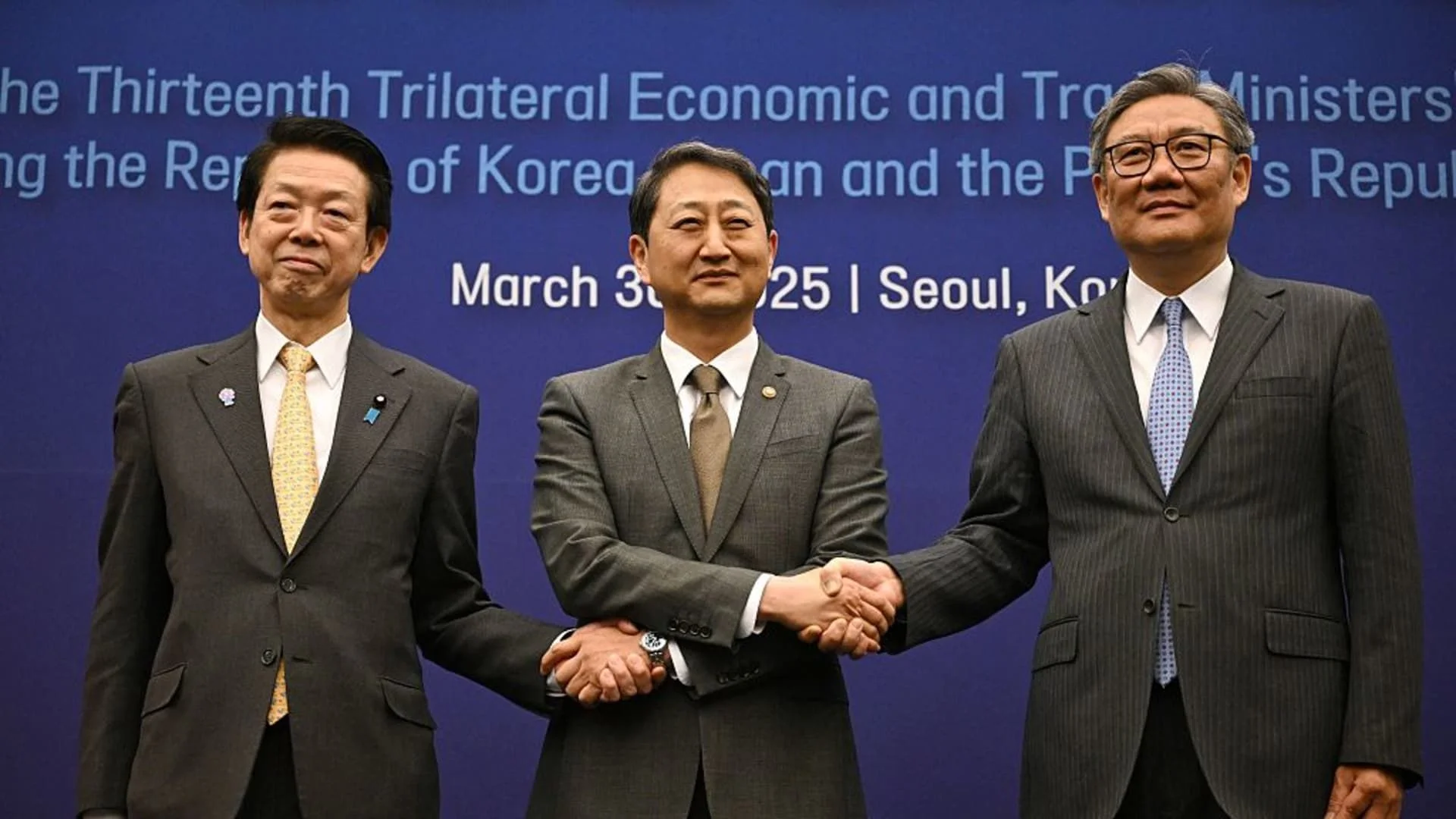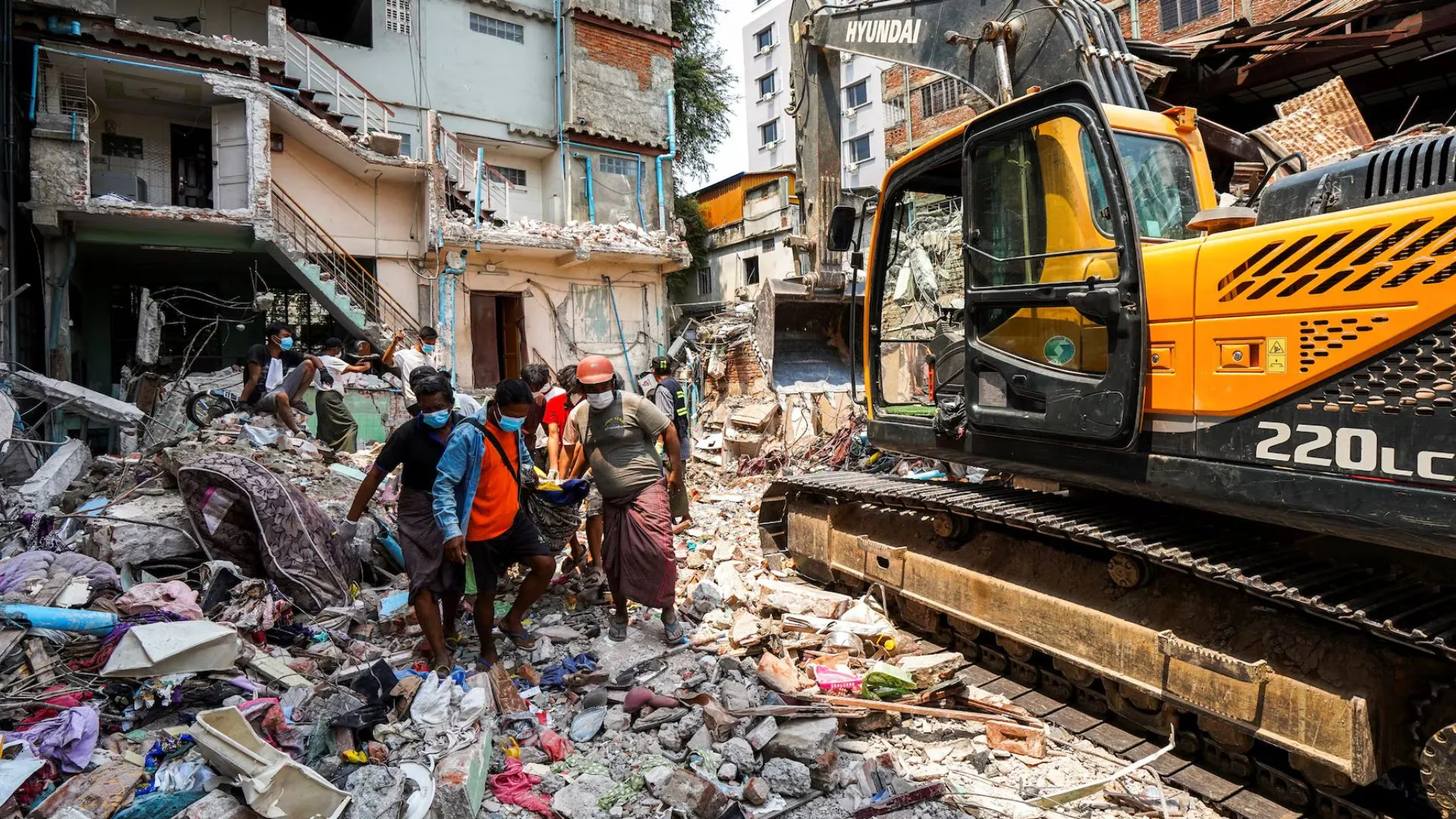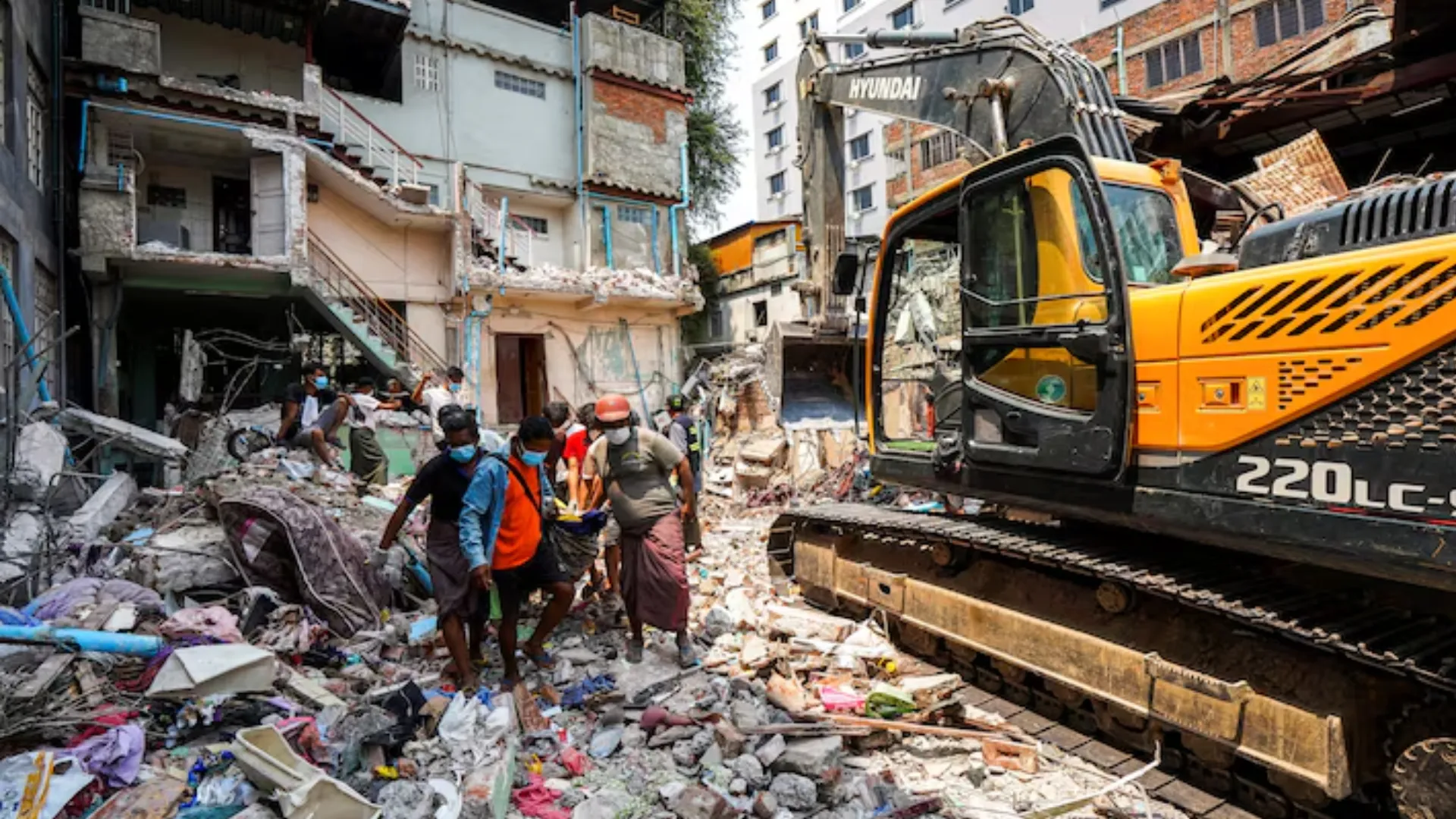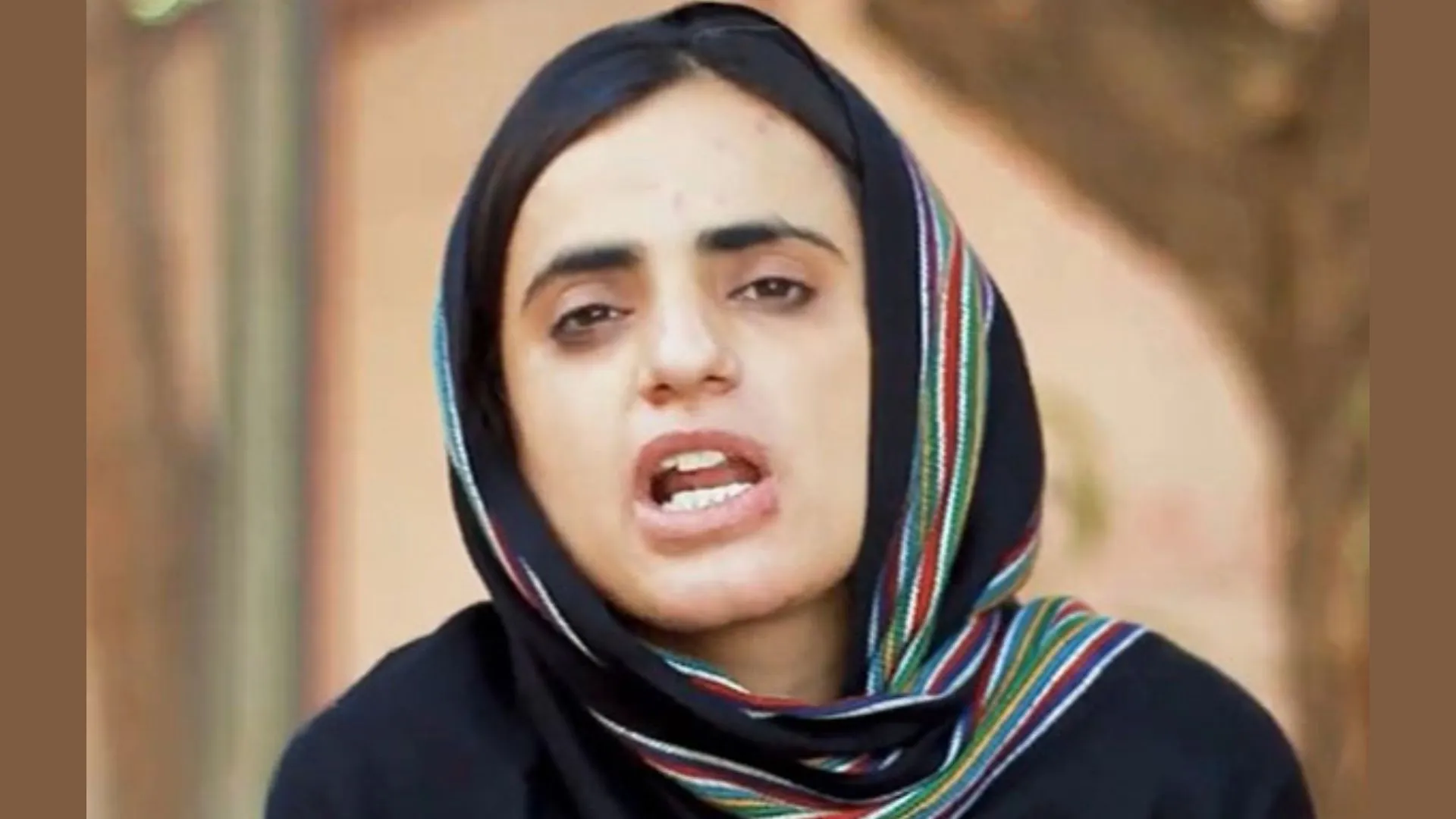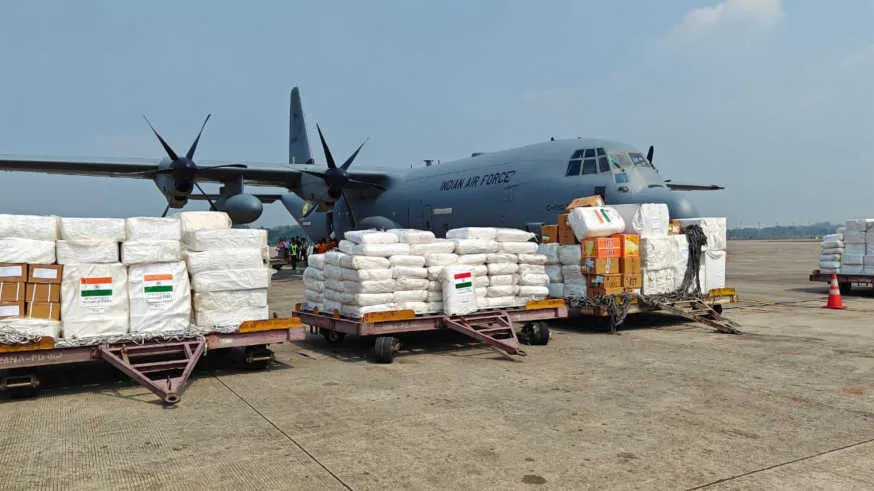The Azerbaijani government has ordered the closure of the BBC’s office in Baku, a decision that has drawn strong criticism from the British broadcaster and press freedom advocates.
Government Justification and BBC’s Response
Ayahan Hajizade, spokesperson for Azerbaijan’s Foreign Ministry, stated that the BBC had no legal grounds to operate in the country, but did not provide further details.
In response, the BBC condemned the move, calling it a serious blow to press freedom.
“We deeply regret this restrictive move against press freedom, which will hinder our ability to report to and from Azerbaijan,” the BBC stated.
Impact on Media Freedom in Azerbaijan
Azerbaijan, ruled by President Ilham Aliyev, has long faced accusations of suppressing independent journalism and persecuting political opponents. The country ranks among the worst for press freedom, according to Reporters Without Borders.
“Virtually the entire media sector is under official control,” the rights group stated, warning that independent journalism in Azerbaijan is under constant threat.
Azerbaijan’s Stance on Foreign Media
The government in Baku said similar actions had been taken against other foreign media outlets, though no further details were provided. However, one BBC correspondent’s accreditation will remain valid despite the closure.
BBC’s Presence in Azerbaijan
The BBC’s Azeri-language service has been operational since 1994, reaching an audience of one million people weekly. The closure will severely limit independent reporting from inside Azerbaijan.
Press Freedom Concerns Grow
This latest action by Azerbaijan further restricts independent journalism, reinforcing fears of state-controlled media dominance. Advocacy groups continue to call for international pressure to protect press freedoms in the country.



